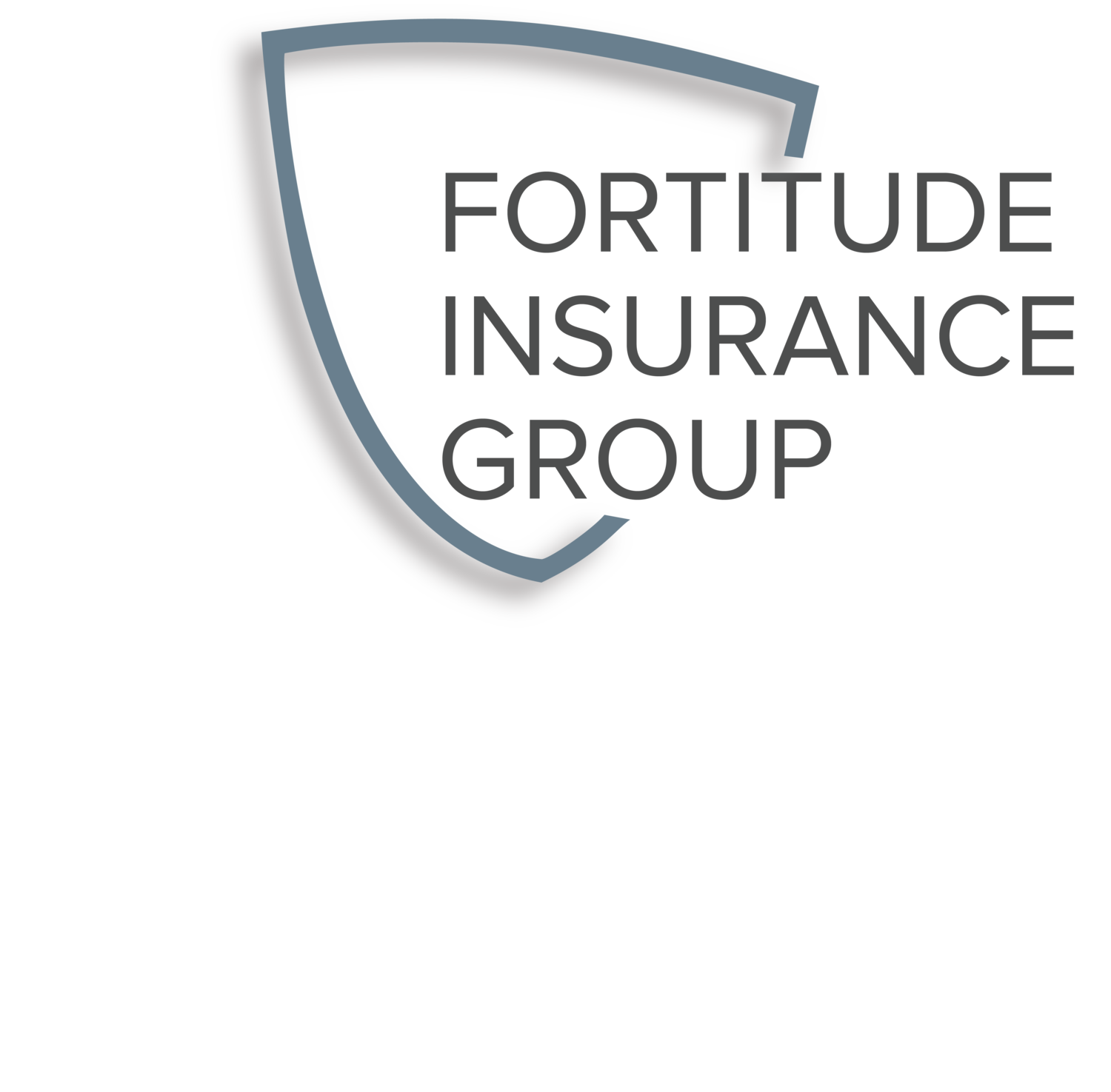Disability Insurance
Disability insurance is financial protection for your most valuable asset — the ability to work and earn an income.
Homeowners insurance protects where you live. Car insurance protects what you drive. Health insurance protects your well-being.
But what protects your ability to work and earn an income? After all, that's what allows you to pay for all of the above.
To protect yourself against the risk of losing your paycheck due to injury or illness, there's disability insurance.
Disability insurance is a type of coverage that replaces a portion of your monthly income if injury or illness prevents you from working. It provides financial security for you and any loved ones who may depend on your most valuable asset — your ability to earn a paycheck.
Disability income insurance is an agreement made between insurance companies and policyholders. In exchange for the monthly payments you make, the insurance company agrees to pay you a monthly benefit amount if you suffer a disability that affects your ability to work.
Disability insurance is designed to replace a percentage of the income you lose due to your inability to earn a paycheck. Having disability insurance means being able to meet your financial obligations — paying bills, covering household expenses, providing for your family — while you’re unable to work.
What does disability insurance cover?
Disability insurance covers injuries and illnesses that limit your ability to do what’s expected of you at work.
More than 25 percent of today's 20-year-olds will experience a disabling event that prevents them from working for at least three months before retirement. And when you consider the most common causes of long term disabilities, it’s really not all surprising. Take a look for yourself here:
Arthritis
Back pain
Cancer
Depression
Diabetes
Heart disease
Stroke
Yes, you read that right. The Council for Disability Awarenessreports that 90% of claims that are filed for long term disability benefits stem from medical illnesses, not physical injuries.

